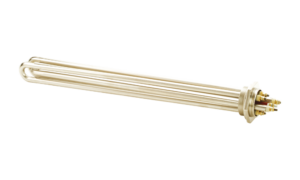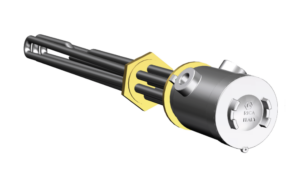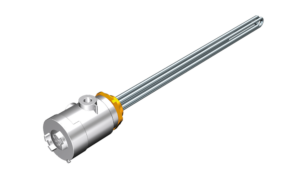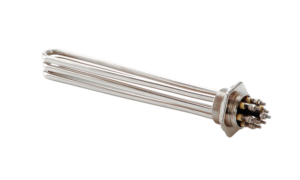
At the time of launch, the deposition of water steam molecules on the telescope lens, which later turned to ice due to the extremely cold temperatures in space, threatened Euclid’s ability to collect light effectively. This layer of ice, although it was of minimal thickness, risked seriously compromising the accuracy of scientific observations.
Using flexible heaters provided by Zoppas Industries, integrated near the telescope’s main mirror, it was possible to raise its temperature from -147°C to -113°C for a period of 90 minutes. This operation was an outstanding success, increasing the ability of the optics to collect light by 15 percent and thus restoring the desired performance levels.
“This is an extraordinary result that exceeds all our expectations,” says Gianfranco Zoppas, President of Zoppas Industries Group – “It highlights the reliability of our heating technology within complex engineering systems, and under the extreme conditions represented by space.”
Although the risk of icing may occur again in the future, the procedure developed can be repeated to ensure optimal operation of the telescope. With this intervention, Zoppas Industries reaffirms its role as a leading provider of innovative and reliable heating solutions for the aerospace industry, solidifying its reputation built through more than three decades of partnerships with major international space agencies, including ESA and NASA.
Zoppas Industries’ experience in delivering more than a hundred space programs globally played an instrumental role in supporting the Euclid mission, marking another chapter in our understanding of the universe. This represents a clear example of how Italian excellence can contribute significantly to the advancement of space exploration globally.




